The Project
flexell
The flexible cell project – or simply flexell – is a European Union-funded project aiming to develop suitable materials for the flexible operation of high temperature fuel cells with low-carbon fuels such as ethanol or biogas. In addition to that the flexible cell had also to be reversible, meaning being able to operate in electrolyser mode.
Outputs
B.J.M. Sarruf, L. Buccoli, Z. Barbry, “Water-based 8YSZ electrolyte suspension optimised by design of experiments”, Open Ceramics, Volume 21, March 2025, 100717. https://doi.org/10.1016/j.oceram.2024.100717
Z. Jiang, B.J.M. Sarruf, A. El-Kharouf, W. Zhan, Z. Liang, R. Steinberger-Wilckens, “Evaluation of electrochemical performance and carbon deposition behaviour of Sn, Ag, Cu, Fe-doped Ni/ScCeSZ anode solid oxide fuel cells operated with simulated biogas”, Chemical Engineering Journal, Volume 505, February 2025, 159392. https://doi.org/10.1016/j.cej.2025.159392
C.M. Harrison, D. Klotz, B.J.M. Sarruf, P.R. Slater, R. Steinberger-Wilckens, “Considering the suitability of symmetrical cell testing in developing electrodes for solid oxide fuel cells via a study of different lanthanum nickelate cathode materials”, Solid State Ionics, Volume 411, August 2024, 116551. https://doi.org/10.1016/j.ssi.2024.116551
Z. Jiang, B.J.M. Sarruf, A. El-kharouf, R. Steinberger-Wilckens, “Preparation of gadolinium-doped ceria barrier layer for intermediate temperature solid oxide fuel cells by spin coating and evaluation of performance degradation by impedance analysis”, Ceramics International Volume 50, Issue 13, Part A, 1 July 2024, Pages 23222-23231. https://doi.org/10.1016/j.ceramint.2024.04.046
C.M. Harrison, B.J.M. Sarruf, D. Klotz, P.R. Slater, R. Steinberger-Wilckens, “The effects of sintering temperature and current contacting layer on the performance of lanthanum nickelate electrodes in Solid Oxide Fuel Cells”, Solid State Ionics, Volume 403, 15 December 2023, 116386. https://doi.org/10.1016/j.ssi.2023.116386
B.J.M. Sarruf, P.R. Slater, R. Steinberger-Wilckens, “Ceria-Nickel Fuel Electrode for Reversible and Fuel Flexible Operation: Scaling-up from Electrolyte- to Electrode-Supported Cell”, The Electrochemical Society, ECS Transactions, Volume 111, 2023, Number 6, 817. https://doi.org/10.1149/11106.0817ecst
Do you want to learn more?
Get to know about our educational programmes and unlock valuable skills to be more competitive when seeking a position in the hydrogen industry in the UK and across the world.
This project has received funding from the European Union’s Horizon 2020 research and innovation programme under the Marie Sklodowska-Curie grant agreement No 101032423. Check out project records on the EU CODIS platform.

